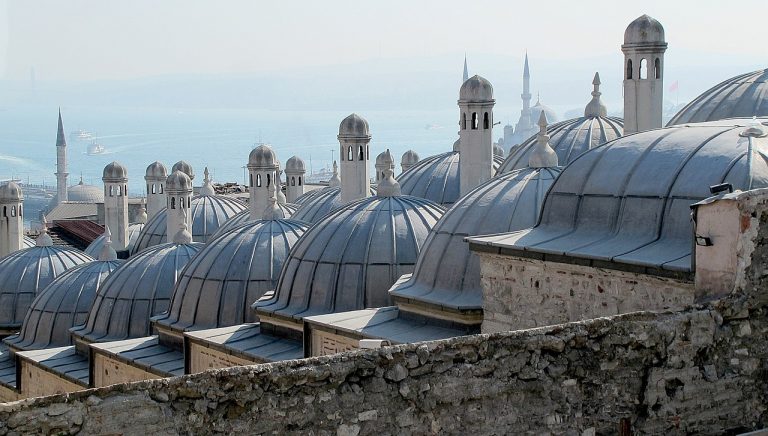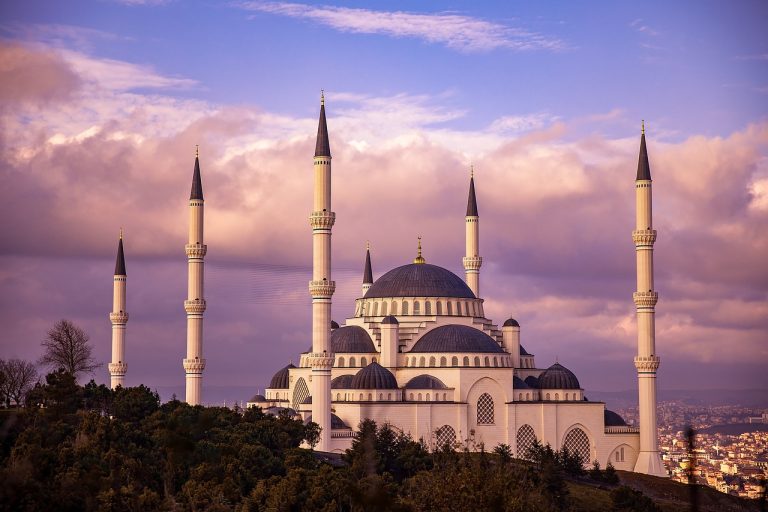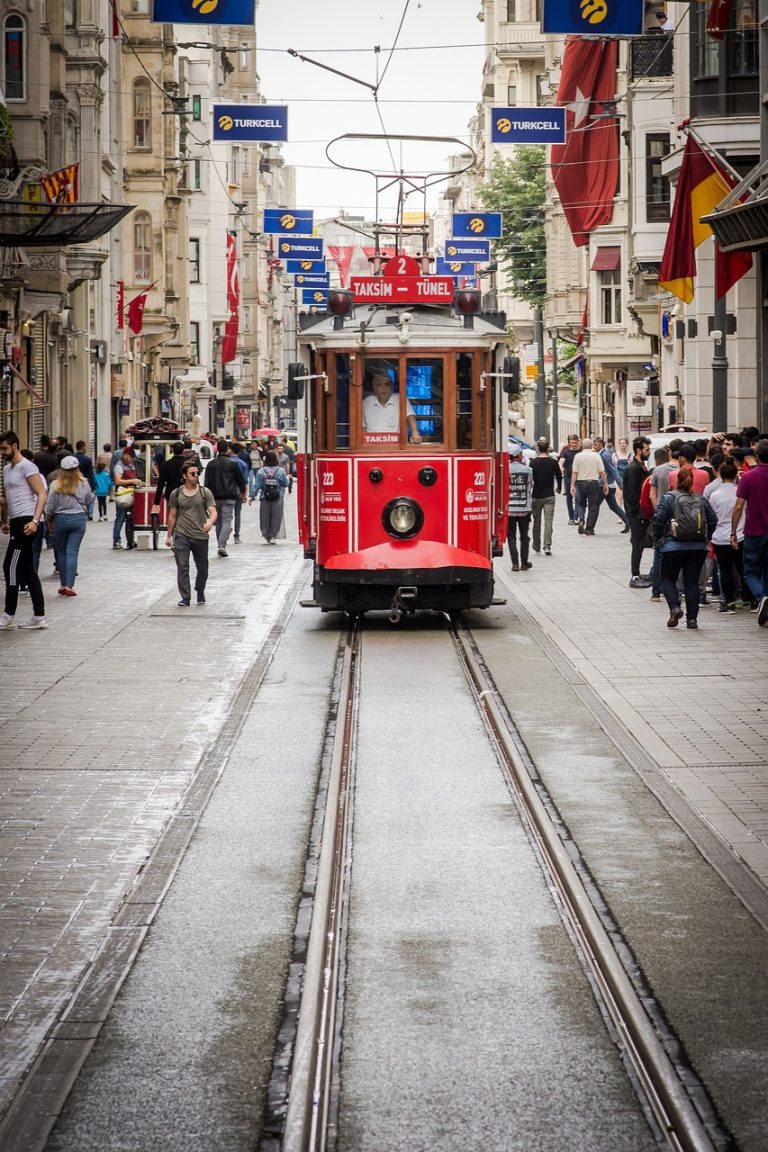Istanbul Turkey Video
Social and Cultural Impact of Istanbul Turkey
Istanbul, Turkey, a city that straddles Europe and Asia, has a rich history and a vibrant culture that has had a significant impact on both its residents and the world at large. From its historical landmarks to its diverse population, Istanbul has shaped the social and cultural landscape of the region. This article delves into the various aspects of Istanbul’s social and cultural impact, exploring its history, architecture, cuisine, arts, and more.
History of Istanbul
- Byzantine Empire: Istanbul, known as Constantinople in the Byzantine era, was the capital of the Byzantine Empire. Its strategic location made it a center of trade and culture.
- Ottoman Empire: Istanbul became the capital of the Ottoman Empire in 1453. The empire’s influence transformed the city into a major cultural and political center.
- Modern Era: Following the fall of the Ottoman Empire, Istanbul became part of the Republic of Turkey in 1923. The city has since undergone significant urbanization and development.
Istanbul Turkey Image 1: 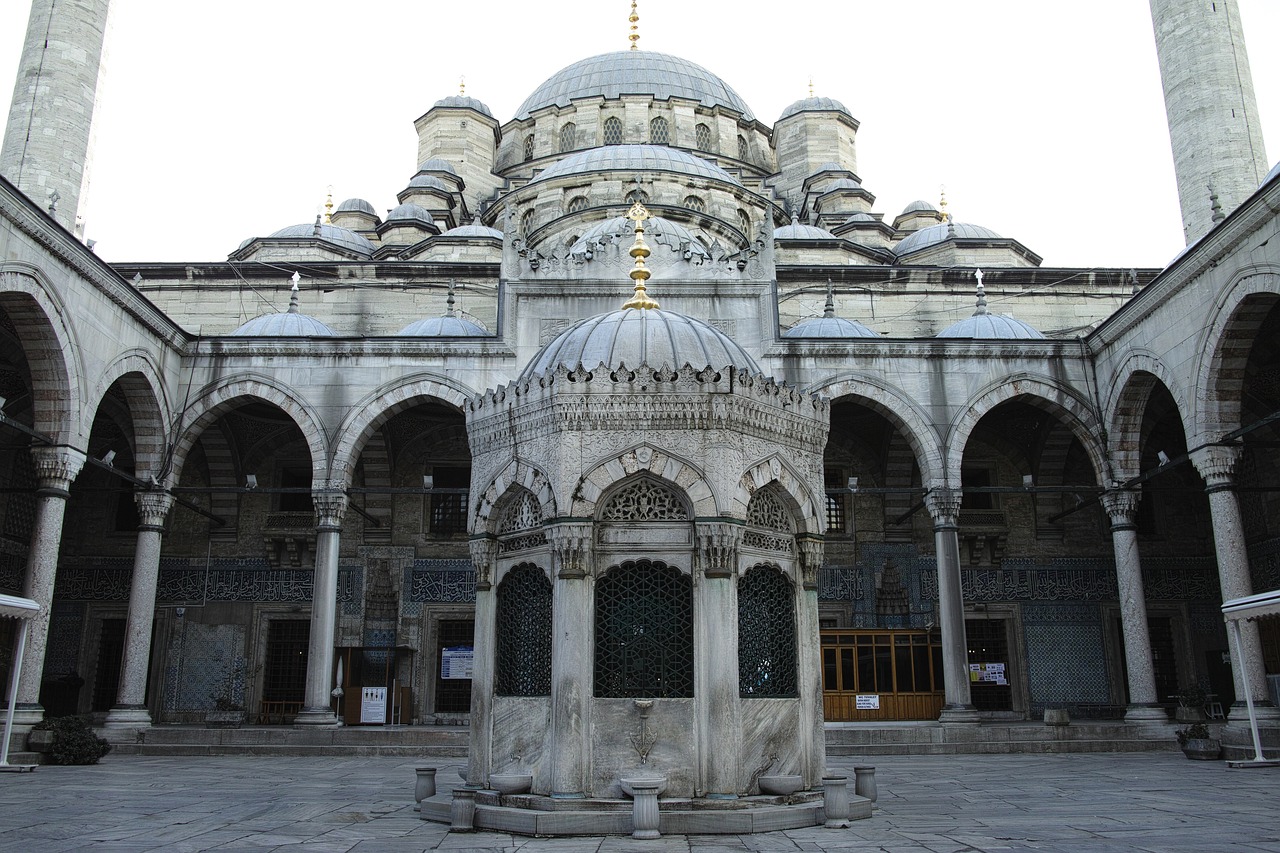
Architectural Marvels
- Hagia Sophia: Originally a Byzantine cathedral, Hagia Sophia later became a mosque and is now a museum. Its impressive dome and intricate mosaics showcase the fusion of Byzantine and Ottoman architectural styles.
- Topkapi Palace: As the residence of Ottoman sultans, Topkapi Palace offers a glimpse into the opulence and grandeur of the empire. Its sprawling complex includes courtyards, gardens, and exquisite rooms.
- Blue Mosque: The Sultan Ahmed Mosque, known as the Blue Mosque due to its blue interior tiles, is a prominent example of Ottoman architecture. Its six minarets and grand dome are iconic features.
Istanbul Turkey Image 2: 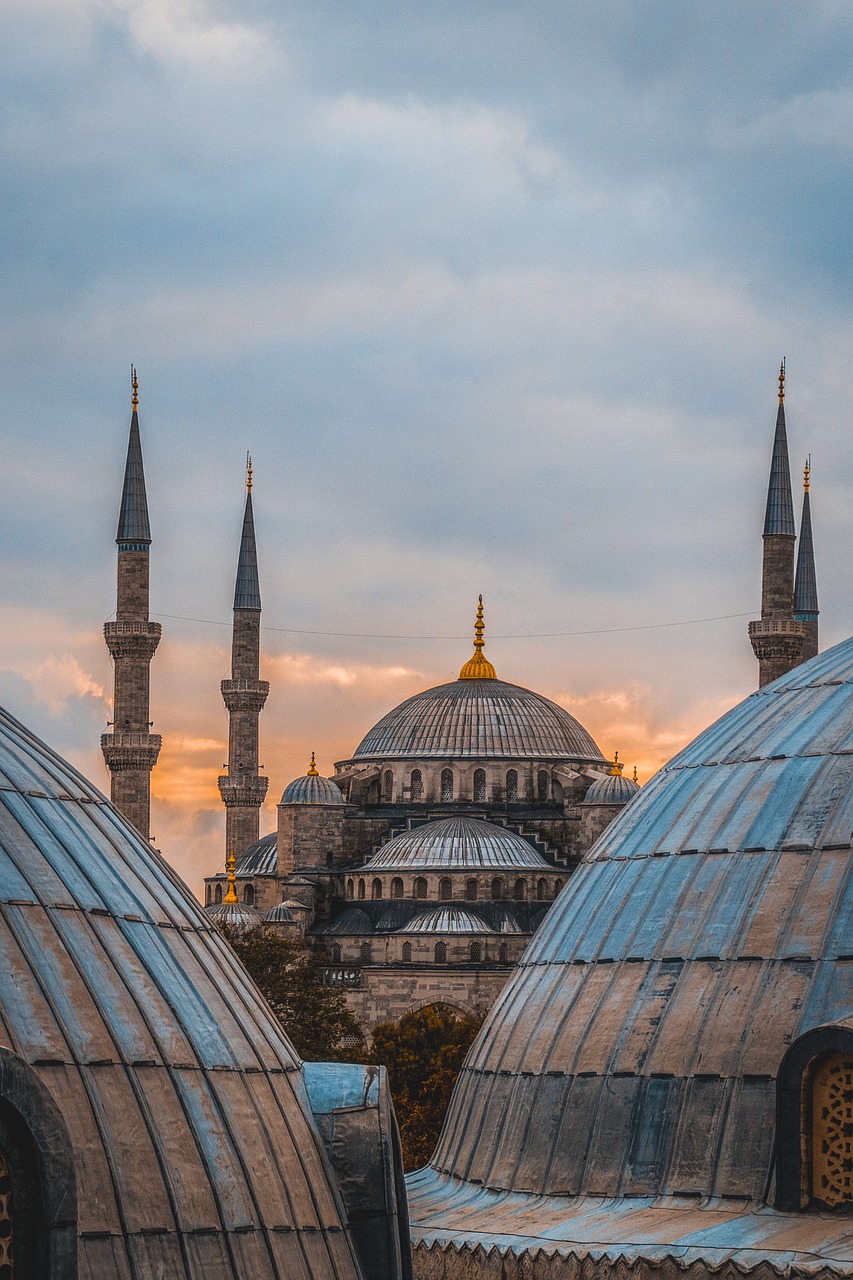
Culinary Delights
- Turkish Tea and Coffee: Tea is a staple beverage in Turkey, often served in small tulip-shaped glasses. Turkish coffee, known for its strong flavor, is prepared using finely ground coffee beans.
- Meze: Meze refers to a variety of small dishes served as appetizers. It includes items such as stuffed grape leaves, hummus, and eggplant dishes.
- Kebabs: Istanbul is renowned for its succulent kebabs, which are grilled or roasted skewered meat dishes served with rice, bread, and vegetables.
Istanbul Turkey Image 3: 
Arts and Culture
- Istanbul Biennial: Held every two years, the Istanbul Biennial is an international contemporary art exhibition that attracts artists, curators, and art enthusiasts from around the world.
- Whirling Dervishes: The Sufi ritual of whirling dervishes is a mesmerizing spectacle that showcases spiritual devotion through a spinning dance.
- Istanbul Music Festival: The Istanbul Music Festival celebrates classical music with performances by renowned orchestras, soloists, and chamber ensembles.
Education and Innovation
- Universities: Istanbul is home to several prestigious universities, including Istanbul University and Bogazici University, attracting students from all over the world.
- Technology Startups: Istanbul’s burgeoning startup scene has led to the emergence of innovative companies in various sectors, including technology, e-commerce, and finance.
Religious Diversity
- Mosques: Istanbul boasts numerous mosques, including the iconic Blue Mosque, showcasing the city’s Islamic heritage and providing places of worship for its Muslim population.
- Churches and Synagogues: Istanbul also has a significant Christian and Jewish population, with churches and synagogues serving as places of worship and cultural landmarks.
Traditional Festivals
- Eid al-Fitr: The festival marking the end of Ramadan is celebrated with joyous feasts, family gatherings, and the exchange of gifts.
- Istanbul Tulip Festival: Each April, Istanbul is adorned with vibrant tulips during the annual Tulip Festival, showcasing the city’s love for flowers and nature.
Environmental Impact
- Bosphorus Strait: Istanbul’s location on the Bosphorus Strait has both environmental and economic significance. It serves as a major shipping route and connects the Black Sea to the Mediterranean.
- Parks and Gardens: Istanbul is home to numerous parks and green spaces, providing residents and visitors with areas for relaxation and recreation.
Conclusion
Istanbul, Turkey, has a rich social and cultural tapestry that has shaped its identity and influenced the world. From its historical landmarks and architectural marvels to its diverse cuisine and vibrant arts scene, Istanbul continues to captivate and inspire. The city’s unique blend of history, traditions, and innovation contributes to its significant social and cultural impact.
References
– www.hagiasophia.org
– www.topkapisarayi.gov.tr
– www.bluemosque.co
– www.allaboutturkey.com
– www.istanbulbiennial.org
– www.iksv.org
– www.studyinturkey.gov.tr
– www.bogazici.edu.tr



